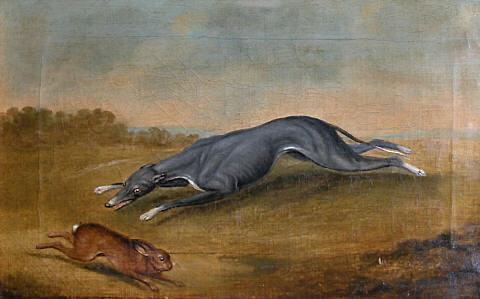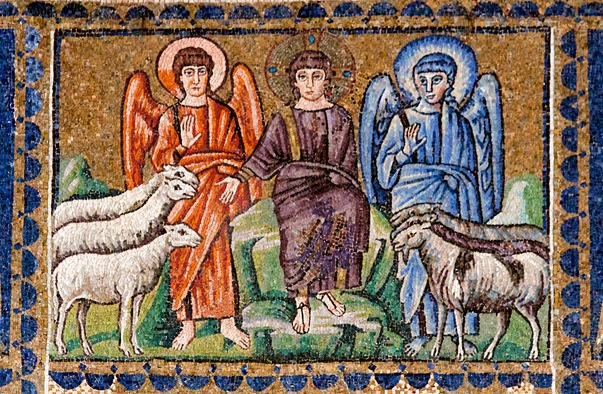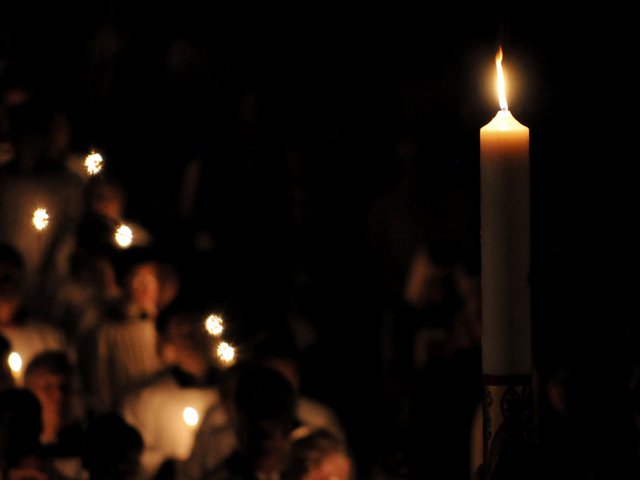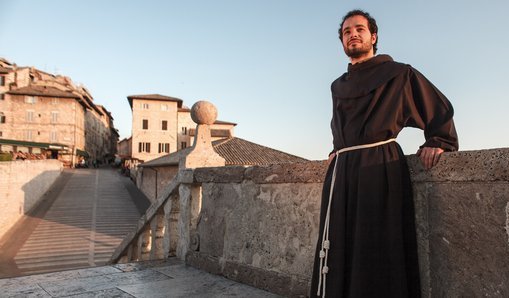Seeking the Lord

A hermit was asked how a watchful monk could prevent himself from being shocked if he saw others returning to the world.
He replied, “A monk should remember hounds when they are hunting a hare. One of them glimpses the hare and gives chase, the others merely see a hound running, and run some way with him, when they get tired and go back to their tracks. Only the leading house keeps up the chase until he catches the hare. He is not deterred by the others who give up, he thinks nothing of cliffs or thickets or brambles, he is often pricked and scratched by thorns, but he keeps on until he catches the hare. So the man who runs after the Lord Jesus aims unceasingly at the cross, and leaps over every obstacle in his way until he comes to the Crucified.
– De vitis Patrum, Sive Verba Seniorum, Liber V





